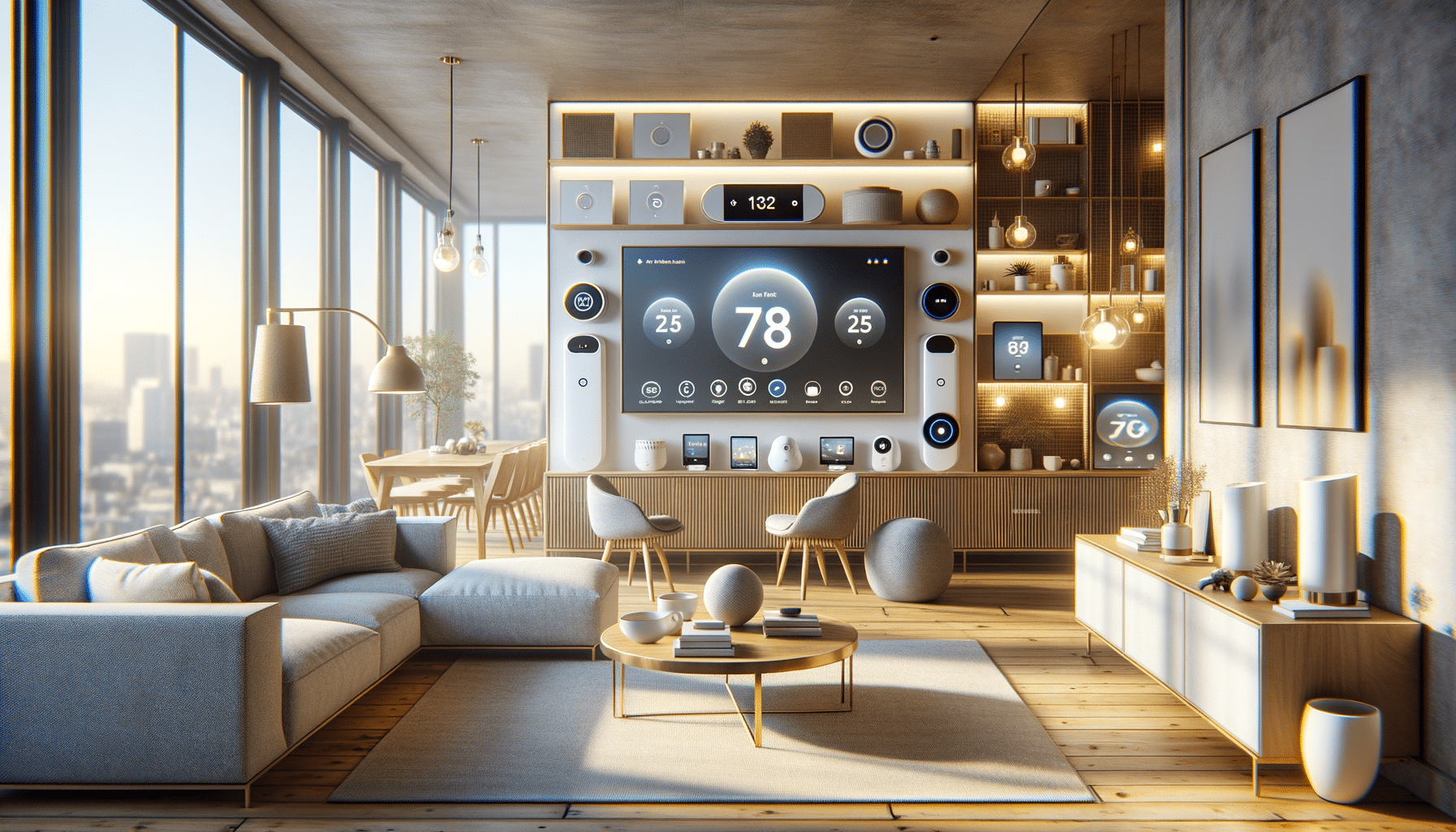
Your Home, Working for You
Introduction to Smart Home Integrations
In today’s fast-paced world, smart home integrations have emerged as a vital component for enhancing convenience and efficiency in our daily lives. By seamlessly connecting various devices and systems within a home, these integrations offer unprecedented control and automation, making life more comfortable and secure. As technology continues to evolve, the potential for smart homes grows, offering new opportunities to improve energy efficiency, security, and overall quality of life.
Understanding Smart Home Devices
Smart home devices form the backbone of any smart home integration. These devices include a wide range of technologies such as smart thermostats, lighting systems, security cameras, and voice-activated assistants. Each device serves a specific purpose, but when integrated, they create a cohesive ecosystem that can be controlled from a central hub or smartphone app. This level of integration allows homeowners to automate tasks, such as adjusting the thermostat or turning off lights, based on their preferences and schedules.
For instance, smart thermostats can learn your daily routine and adjust the temperature accordingly, resulting in energy savings and increased comfort. Similarly, smart lighting systems can be programmed to turn on or off at specific times, or even change colors to suit the mood of a room. The integration of these devices not only enhances convenience but also contributes to a more sustainable lifestyle by reducing energy consumption.
The Role of Connectivity in Smart Homes
Connectivity is a critical component in the successful implementation of smart home integrations. With the proliferation of Internet of Things (IoT) devices, ensuring seamless communication between devices is essential. Most smart home systems rely on wireless technologies such as Wi-Fi, Bluetooth, and Zigbee to connect and communicate with each other. These protocols enable devices to work together harmoniously, providing a unified experience for the user.
Moreover, advancements in 5G technology promise to further enhance connectivity, offering faster speeds and lower latency. This will enable more devices to be connected simultaneously, paving the way for more complex and integrated smart home systems. As connectivity improves, the possibilities for automation and control within smart homes will continue to expand, offering even greater convenience and efficiency.
Security Considerations in Smart Home Integrations
While the benefits of smart home integrations are numerous, security remains a significant concern. With multiple devices connected to a single network, the potential for cyber-attacks increases. Homeowners must take proactive measures to protect their smart home systems from unauthorized access and data breaches. This includes using strong, unique passwords for each device, keeping software up to date, and implementing network security measures such as firewalls and encryption.
Additionally, it’s important to be aware of the privacy policies of smart home device manufacturers. Understanding how data is collected, stored, and shared can help homeowners make informed decisions about the devices they choose to integrate into their homes. By prioritizing security and privacy, smart home integrations can provide peace of mind while offering the benefits of automation and control.
The Future of Smart Home Integrations
The future of smart home integrations holds exciting possibilities as technology continues to advance. Emerging trends such as artificial intelligence and machine learning are set to revolutionize the way smart homes operate. These technologies will enable devices to learn from user behavior and make intelligent decisions, further enhancing automation and personalization.
Furthermore, the growing focus on sustainability is driving the development of eco-friendly smart home solutions. From energy-efficient appliances to smart water management systems, the integration of these technologies can significantly reduce a household’s environmental footprint. As smart home integrations evolve, they will play a crucial role in creating more sustainable and efficient living environments.
Conclusion: Embracing the Smart Home Revolution
Smart home integrations offer a transformative approach to modern living, providing convenience, efficiency, and enhanced security. By understanding the various components and considerations involved, homeowners can make informed decisions about integrating smart technologies into their lives. As the smart home industry continues to grow, embracing this technology can lead to a more comfortable, secure, and sustainable future.


